I am looking for suggestions on what I can and cannot do on my Sony A65. I am wondering if anyone has it and is willing to offer me tips and tricks, and what editing software I should use/tutorials on it as well. Thank you for your time.
Sent from my iPhone using Tapatalk
Sent from my iPhone using Tapatalk


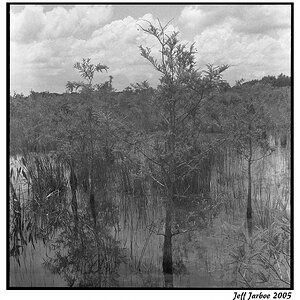
![[No title]](/data/xfmg/thumbnail/38/38734-a0c4ec46a440db881aca3700b0c62879.jpg?1619738703)
![[No title]](/data/xfmg/thumbnail/38/38732-8364f5190d3f325e8ee02d23404a610c.jpg?1619738703)
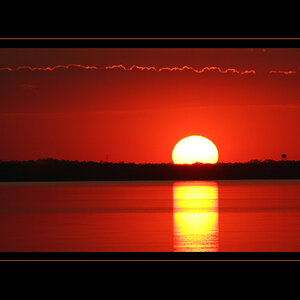
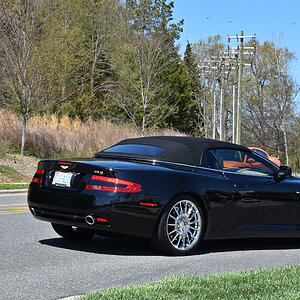
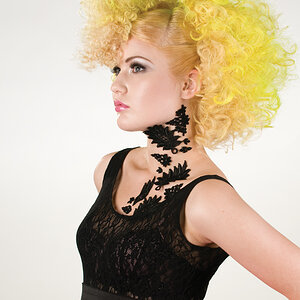

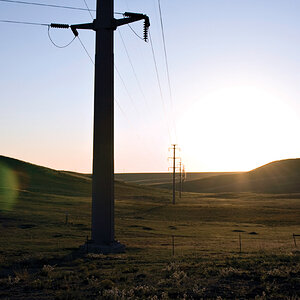
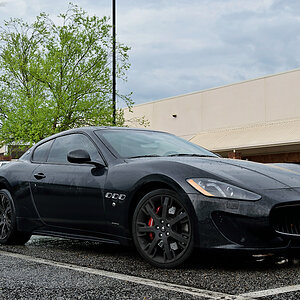
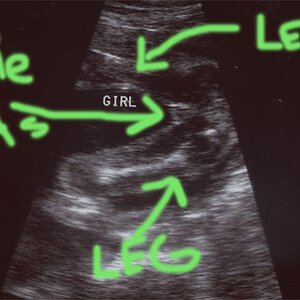
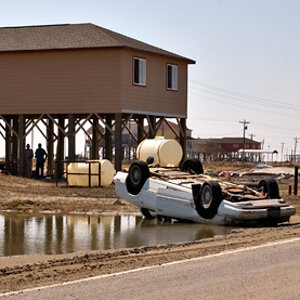
![[No title]](/data/xfmg/thumbnail/35/35878-753a9d58c095f0e1aaa96d03c025f6ce.jpg?1619737205)